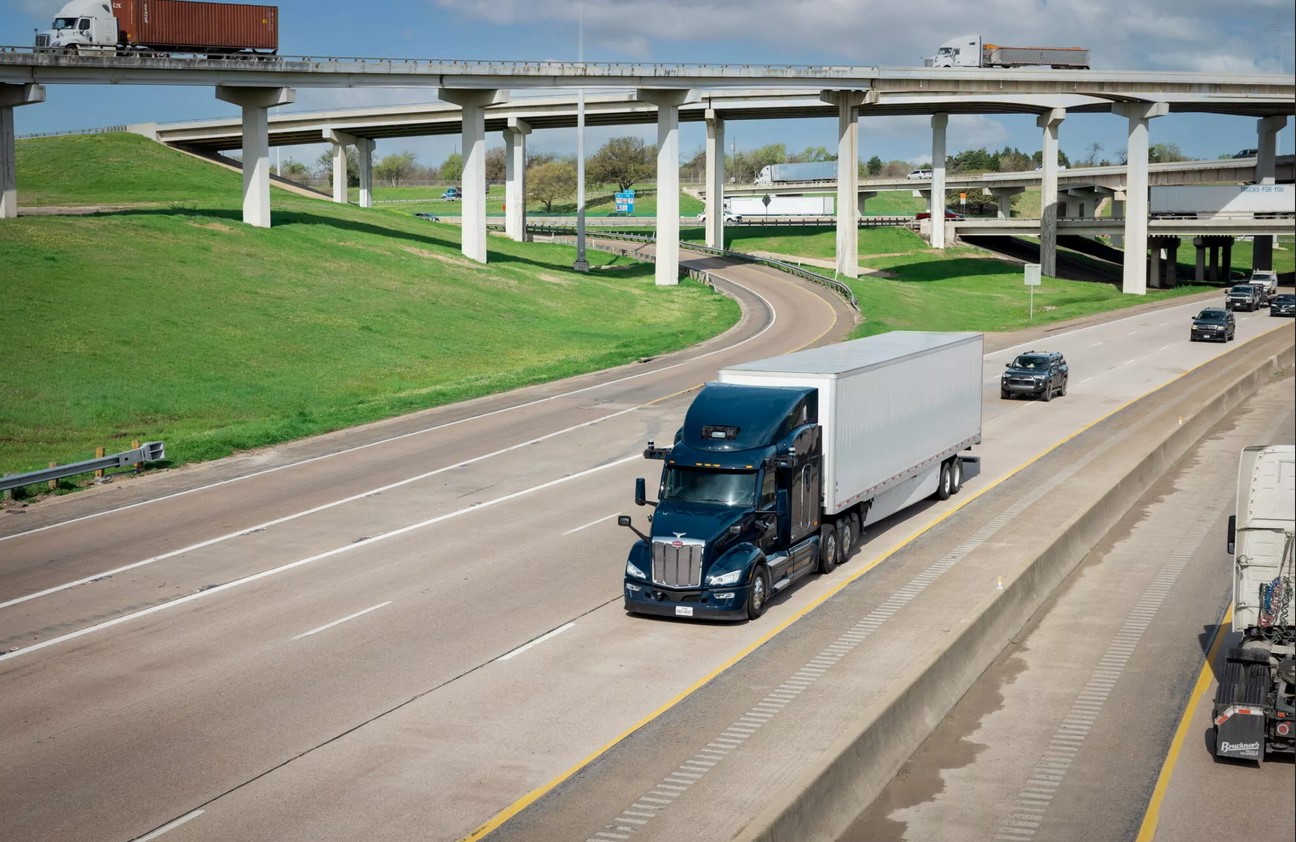
In response to the challenges anticipated in the robotaxi sector in 2023, the autonomous transport industry is gearing up for a groundbreaking year in 2024. Despite setbacks, including Cruise’s unexpected slowdown, emerging companies like Aurora Innovations, Kodiak Robotics, and Gatik AI are poised to take the next step. Rumors abound about trials of autonomous trucks without human operators on board, signaling a significant leap toward fully autonomous cargo transport.
Envision a convoy of autonomous trucks navigating roads without the need for human co-pilots. This vision is on the brink of becoming a reality, with Aurora Innovations, Kodiak Robotics, and Gatik AI leading the way. These companies plan to conduct trials with trucks devoid of human operators by the end of the year, relying solely on state-of-the-art sensor arrays and advanced software.
The road to autonomous road transport is not without its challenges, and critics express concern over the lack of regulations and transparency in this emerging frontier. Advocates for Automotive and Road Safety and the International Brotherhood of Teamsters highlight potential risks associated with operating large trucks without human supervision. However, startups argue that the predictability of fixed routes and predominantly highway travel makes autonomous truck software development more manageable than in complex urban environments.
The deployment of autonomous trucks involves strategic testing. Emerging companies such as Aurora Innovations, Kodiak Robotics, and Gatik AI plan to initiate small-scale tests in controlled environments, such as truck terminals, before expanding their operational footprint. Gatik AI, known for operating smaller box trucks, has already conducted driverless tests and aims to deploy autonomous trucks on a larger scale in Dallas in 2024. This suggests that the era of autonomous trucks could be just around the corner.
Critics emphasize the potential risks of autonomous trucks, citing the lack of human intuition and the unpredictable nature of real-world scenarios. While trucks operated by humans were involved in 5,700 fatal accidents in 2021, driverless trucks have yet to be at fault in any accidents. However, the complexity of shared road spaces means that completely eliminating fatal accidents remains a challenge.
For companies investing in autonomous trucks, the appeal lies not only in safety improvements but also in financial incentives. By eliminating the need for human drivers and bypassing restrictions on driving hours, these autonomous trucks promise faster delivery times and operational cost savings.
As the autonomous transport industry accelerates toward an innovative year, the prospect of trucks operating without human co-pilots is both exciting and stimulating. The road ahead is filled with technological advancements, regulatory considerations, and the promise of reshaping the logistics landscape. While concerns persist, the allure of increased efficiency, cost savings, and the potential to revolutionize cargo transport underscore the transformative potential of autonomous trucks. The year 2024 may well mark the beginning of a new era on the roads, where autonomous trucks navigate the future of transport with precision and autonomy.







